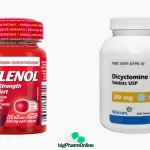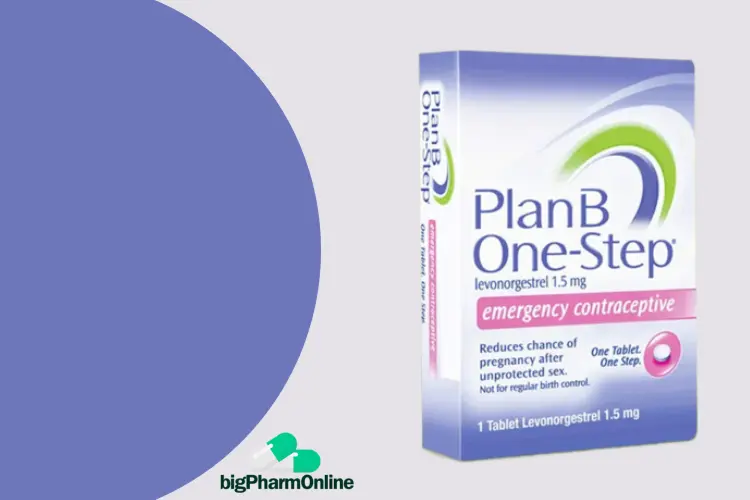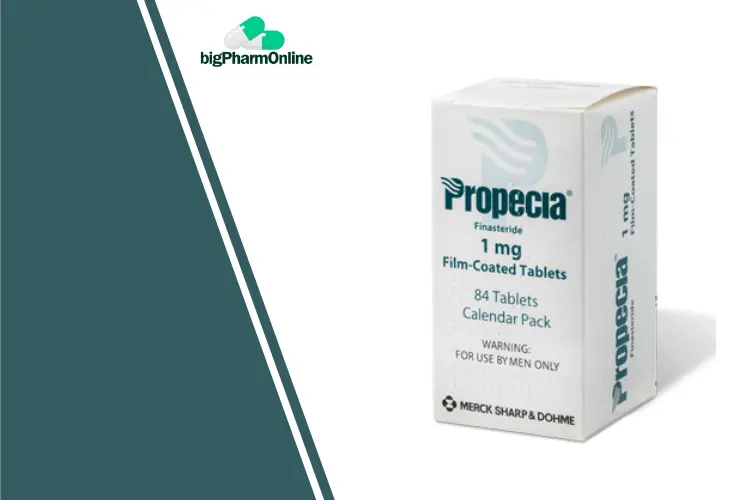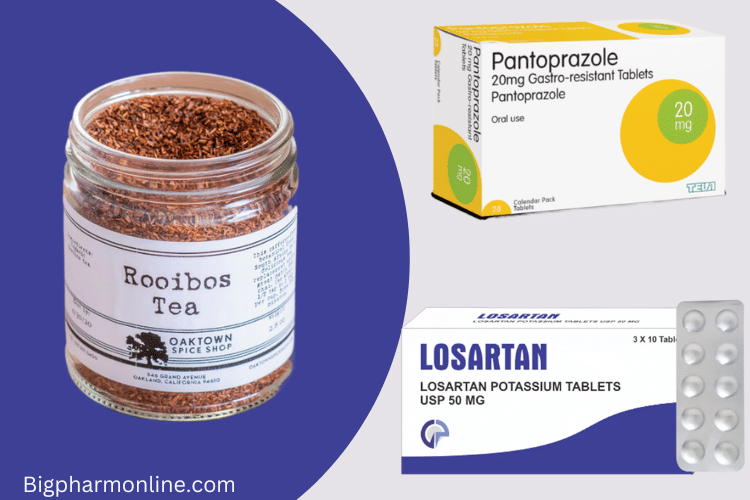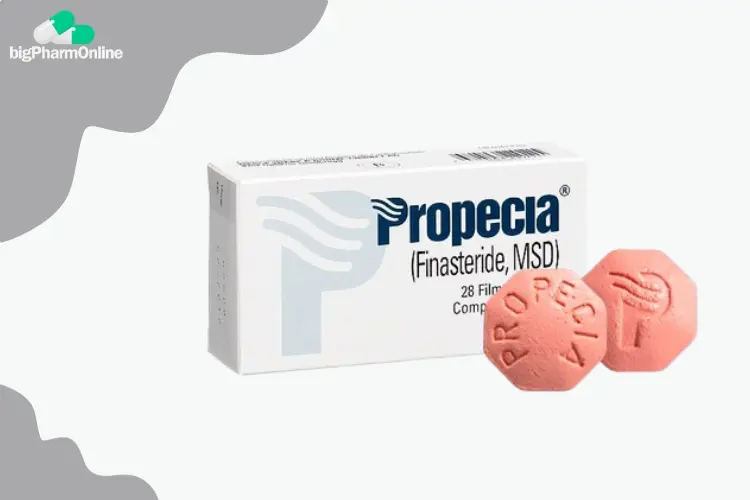Can I Take Tylenol With Misoprostol?
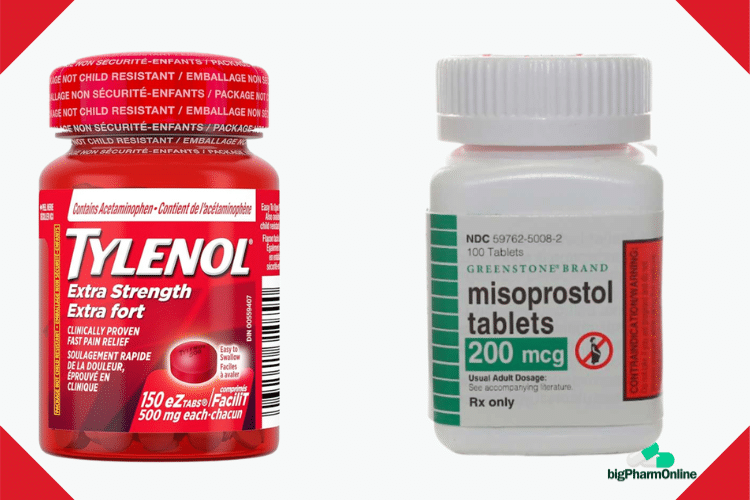
Misoprostol has gained a lot of importance in the medical field in the past years. So much that it was included in the World Health Organisation’s list of essential medicines. In this article, the pharmacist discusses if it is safe to take Tylenol with Misoprostol or after taking Misoprostol.
Key points
- It is safe to take Tylenol and Misoprostol together because they do not interact with each other nor alter the effectiveness of one another.
- If you took Misoprostol for a medical abortion and you’ve started experiencing pain, you can still take Tylenol.
- Ibuprofen is more effective in reducing pain after medical abortion than acetaminophen (Tylenol). It is also safe to use together.
Can I Take Tylenol With Misoprostol?
Yes, it is safe to take Tylenol (acetaminophen) with misoprostol as there is no interaction between the two drugs. Neither is there evidence that taking acetaminophen will reduce the effectiveness or increase the side effects of misoprostol.
However, depending on the reason for why you are taking the misoprostol and also the route, you may have to wait a bit (more explanation on this later on in the article).
A Quick Overview of Tylenol and Misoprostol
Tylenol
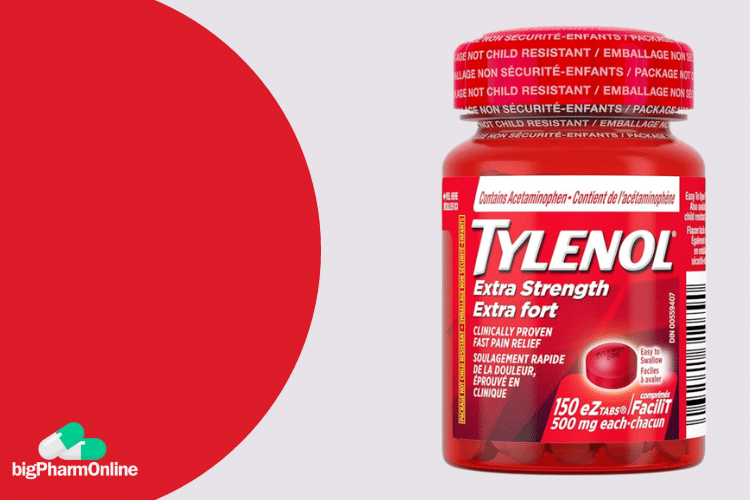
Tylenol is an over-the-counter medication used to relieve pain and also lower the body temperature during fever.
It contains Acetaminophen as the chief and sole active ingredient. Tylenol is well tolerated when used within the recommended dose which is usually 1000 mg every 4 – 6 hours; not to exceed 4000 mg in a day (adults).
Taking an overdose can cause severe liver damage, bad enough to require a liver transplant.
Misoprostol
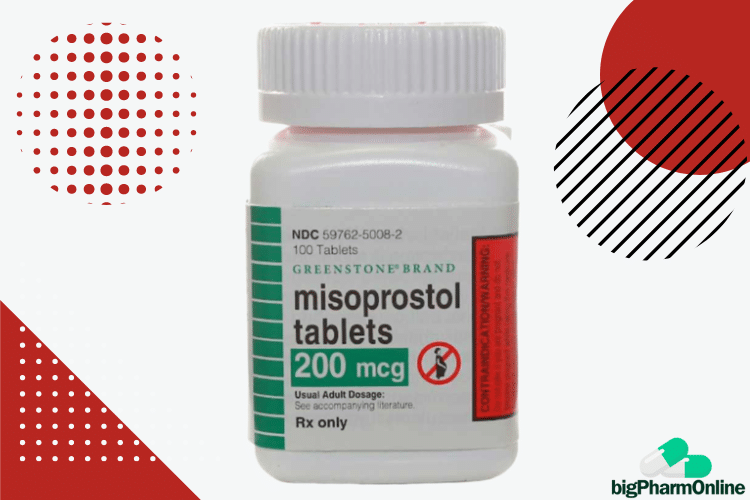
Misoprostol is a prescription-only medicine. It is a synthetic analog of the natural substance called prostaglandin E1, one of the various forms of prostaglandin.
This means that Misoprostol is just a man-made drug with effects that are almost similar or comparable to that of the natural prostaglandin E1 found in the human body.
When it binds to its receptors, the natural Prostaglandin produces a series of effects, some of which Misoprostol leverages in the medical world.
Some of the effects of prostaglandin on the body include:
- Causing the smooth muscles in the uterus to contract
- Making blood vessels to either widen or narrow
- Narrowing or widening the airways
- Triggering pain perception and fever sensation
- Preventing the production of stomach acid
- Activating or preventing the buildup of platelets in clot formation
Since Misoprostol produces actions that are comparable to that of prostaglandin, its use in medicine aligns with some of the actions of natural prostaglandin.
Misoprostol is used to prevent or treat gastric ulcers caused by taking NSAIDs such as Ibuprofen, diclofenac, etc. because of its ability to halt the production of gastric acid.
Since it can activate platelets which cause blood to clot, it is also given to pregnant women to prevent bleeding after childbirth (postpartum hemorrhage).
Misoprostol is also used either alone or in combination with another drug (Mifepristone) in medical abortion to terminate pregnancy. This effect is due to its ability to cause the uterus to contract thereby expelling the fetus along with blood [1].
The pain, abdominal cramps, fever, and bleeding caused by misoprostol which are also effects of natural prostaglandins in the body, are considered side effects.
Taking Acetaminophen with Misoprostol
As earlier stated, it is generally safe to take acetaminophen (Tylenol) with Misoprostol for any given indication as there is no notable interaction between the two.
However, from a theoretical point of view, there’s supposed to be a concern about combining the two drugs owing to a bit of conflict in how they work. Let me explain what I mean.
Even though the mechanism by which acetaminophen produces its beneficial effects is not well understood, a lot of researchers believe it works by blocking an enzyme that ends up producing prostaglandin in the body.
Prostaglandin is what Misoprostol actually is or at least trying its very best to be. So, this is supposed to look like taking Tylenol to cancel out the effects of misoprostol.
Fortunately, this is not the case because acetaminophen is considered to be a weak inhibitor of prostaglandin [2].
One study showed that it is safe to use acetaminophen (Tylenol) with Misoprostol in medical abortion. Though this study did the comparison alongside Ibuprofen (pain relief), the point was still sufficiently proven.
In the study, 120 pregnant women who were to undergo medical abortion were divided into two groups. All women received misoprostol and mifepristone for pregnancy termination. Upon the onset of pain, one group was given acetaminophen, while the other group was given Ibuprofen.
Ibuprofen was found to produce a better pain relieving effect than acetaminophen but there was no difference in failure in medical abortion. There was also no evidence to suggest that either of the two drugs had an impact on the intended outcome [3].
So, if you are taking misoprostol for medical abortion, it is very okay to take acetaminophen (Tylenol) with it. Acetaminophen takes between 15 minutes to 1 hour to produce an analgesic effect but when it finally does, this pain relieving effect can last anywhere between 4 to 6 hours.
The concern here is that its analgesic effect may wear off before you begin feeling the actual pain from the actions of misoprostol. In this case, you can just repeat the dose but you must not go beyond 4000 mg in a day.
Better yet, as shown by the study, you can switch to Ibuprofen which is another over-the-counter pain medicine proven to be more effective in reducing pain after a medical abortion.
You should avoid taking aspirin because it can increase the bleeding that comes with abortion. Also, avoid drinking grapefruit juice because it is notable for interacting with a wide range of medications.
It is also safe to take Tylenol together with misoprostol for other indications such as stopping or preventing gastric ulcer pains, ripening the cervix, preventing postpartum hemorrhage, etc.
Can I Take Tylenol After Taking Misoprostol?
It is equally safe to take Tylenol anytime after taking misoprostol. Acetaminophen is not known to reduce or increase the effect of misoprostol. It is also not notable for increasing the side effects of misoprostol either.
So if you took misoprostol for medical abortion and you’ve begun feeling the pain, you can go on to take the Tylenol. This also applies to other use cases like preventing or stopping gastric ulcers. You can safely take Tylenol after misoprostol to help with your stomach pain.
Final Thoughts
Misoprostol has a lot of use cases, most of which are off-label in obstetrics and gynecology. It is an important drug in this medical field and so is acetaminophen (Tylenol) in pain management. Both drugs are safe to take together or at separate times. If you have any concerns or notice any side effects while on the two medications, contact your doctor immediately.
References
- Allen R, O’Brien BM. Uses of misoprostol in obstetrics and gynecology. Rev Obstet Gynecol. 2009 Summer;2(3):159-68. PMID: 19826573; PMCID: PMC2760893. https://www.ncbi.nlm.nih.gov/pmc/articles/PMC2760893/
- Graham GG, Scott KF. Mechanism of action of paracetamol. Am J Ther. 2005 Jan-Feb;12(1):46-55. doi: 10.1097/00045391-200501000-00008. PMID: 15662292. https://pubmed.ncbi.nlm.nih.gov/15662292/
- Livshits A, Machtinger R, David LB, Spira M, Moshe-Zahav A, Seidman DS. Ibuprofen and paracetamol for pain relief during medical abortion: a double-blind randomized controlled study. Fertil Steril. 2009 May;91(5):1877-80. doi: 10.1016/j.fertnstert.2008.01.084. Epub 2008 Mar 21. PMID: 18359021. https://pubmed.ncbi.nlm.nih.gov/18359021/
Was this helpful?
About the Pharmacist
Dr. Lauren Smith, Pharm.D, is a dedicated licensed pharmacist in the United States with a wealth of experience in both retail and hospital pharmacy settings. She has over a decade of hands-on experience, making her an invaluable resource for patients and healthcare professionals alike. Lauren has a proven track record of conducting in-depth research to address complex medical queries, meticulously screening for potential drug interactions, and consistently recommending the most effective evidence-based therapies.



